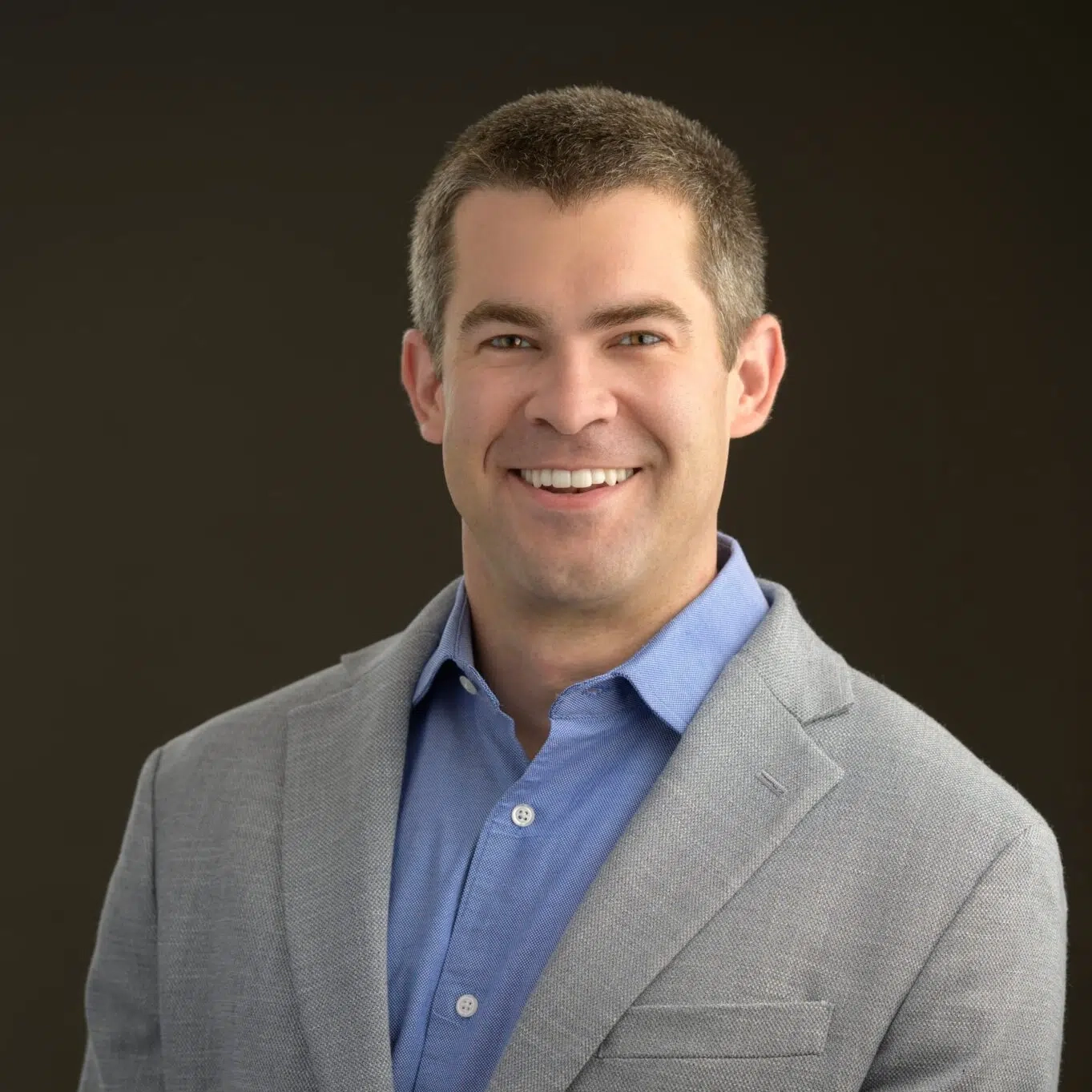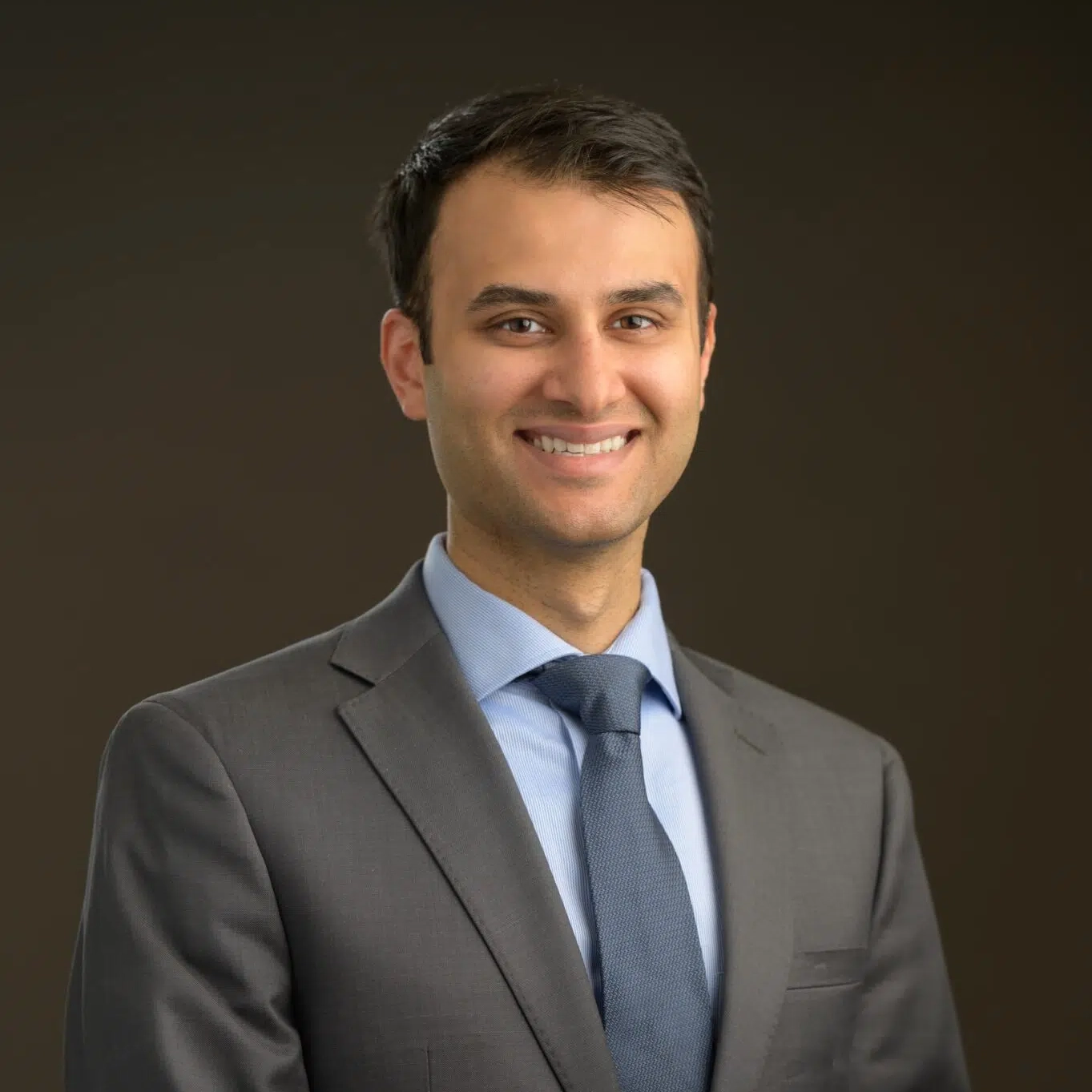Experience stunningly clear vision with the EVO ICL at Scott & Christie Eyecare Associates! This revolutionary vision correction procedure offers qualified patients a simple, minimally invasive solution for clearer, sharper eyesight.
For patients seeking an alternative to glasses and contacts, the EVO ICL (Implantable Collamer Lens) can be placed behind the iris to correct nearsightedness and astigmatism. It is formulated with Collamer, a collagen-based material that works in harmony with the natural eye for crisp, seamless vision. This makes the EVO ICL an ideal solution for vision correction, especially for patients with dry eyes or thin corneas who may not qualify for LASIK.

With the EVO ICL, you can enjoy crystal-clear vision whether you're relaxing at home, working at the office, or playing your favorite sport. It's a minimally invasive procedure and offers a short recovery as well, with many patients noticing immediate visual improvements and returning to normal activities the next day.
What sets the EVO ICL apart from other vision correction procedures is that instead of removing or reshaping a part of the eye, it is an additive lens that your eye doctor can remove at any time. This means the procedure is completely reversible, offering patients peace of mind and the ability to return to their original vision if desired.
While it is not a replacement for sunglasses, the EVO ICL also provides built-in UV protection to promote the long-term health of your eyes. If you're not a candidate for LASIK or PRK but still want to enjoy the benefits of a vision correction procedure, the EVO ICL could be your key to visual freedom.


If you want to achieve freedom from glasses and contacts and have the opportunity to experience clearer vision than ever before, the EVO ICL could be right for you. Ideal candidates:
To determine whether you are a good candidate for the EVO ICL, you must attend a consultation with your eye doctor at Scott & Christie Eye Associates. They will ask questions about your medical history, lifestyle, and visual goals and perform a comprehensive eye exam to ensure the procedure is right for you.

Christopher M. Spearman, M.D., is an experienced ophthalmologist specializing in cutting-edge surgeries, including laser cataract surgery and MIGS, as well as dry eye, macular degeneration, and diabetic retinopathy treatment. Dr. Spearman received his medical degree from Sidney Kimmel Medical College of Thomas Jefferson University and completed his residency at the University of Wisconsin. He is a member of the American Academy of Ophthalmology, the American Society of Cataract and Refractive Surgery, and the Pittsburgh Ophthalmology Society.


Hamza M. Pasha, MD, is a board-certified ophthalmologist who specializes in state-of-the-art procedures and treatments for conditions like cataracts, glaucoma, corneal disease, dry eye, diabetic retinopathy, and macular degeneration. Dr. Pasha received his medical degree from the University of Colorado School of Medicine and completed his residency at the University of Texas Medical Branch in Galveston, where he served as Chief Resident in Ophthalmology in his final year. He is a member of the American Academy of Ophthalmology and the American Society of Cataract and Refractive Surgery.

The EVO ICL procedure is a quick outpatient surgery that takes under 30 minutes. First, your Scott & Christie Eye Associates surgeon will numb your eyes with anesthetic drops to ensure you are comfortable.
Then, they will make a tiny incision in your cornea and insert the IOL so it sits in front of the natural lens. Typically, no sutures are needed, and you can return home to begin the recovery process.

After your EVO ICL procedure, you will need someone to drive you home. At your follow-up appointment the next day, your eye doctor will tell you when it's safe to resume driving and return to activities like work and exercise.
You will have multiple appointments to monitor your healing process, where you'll also get the opportunity to ask any questions about recovery and taking care of your eyes post-surgery. Patients are typically given prescription eye drops to reduce inflammation and prevent infection, as well as an eye shield to wear when sleeping.
It's best to rest as much as possible and limit heavy physical activity until your eye doctor clears you to return to regular activities. You should also avoid rubbing your eyes, swimming, or wearing makeup until cleared by your eye doctor. Following your surgeon's instructions and attending your scheduled follow-up appointments can help ensure optimal healing and results.